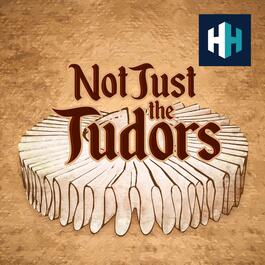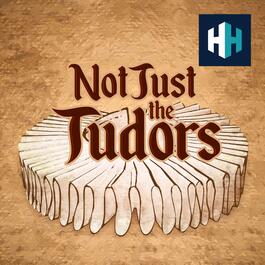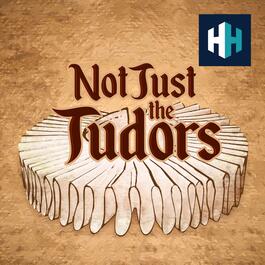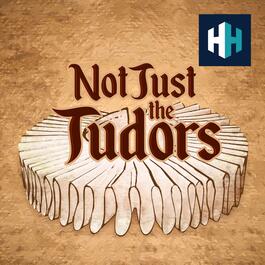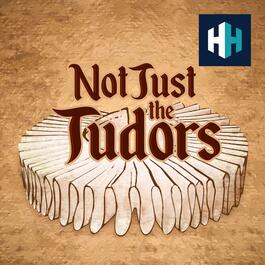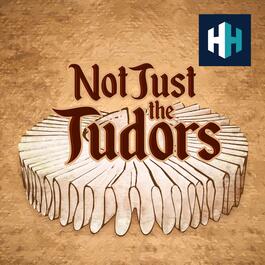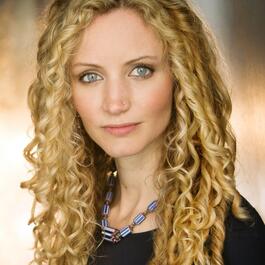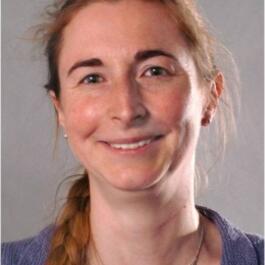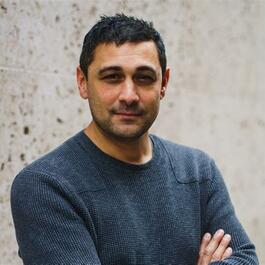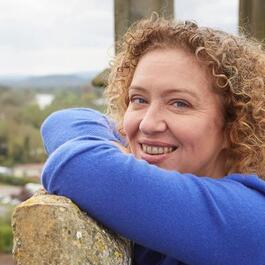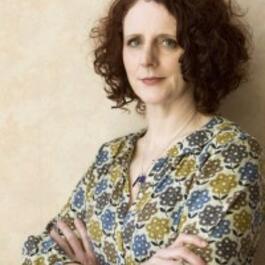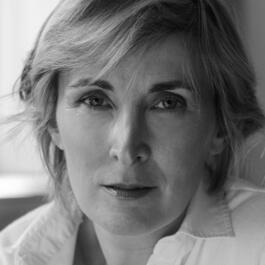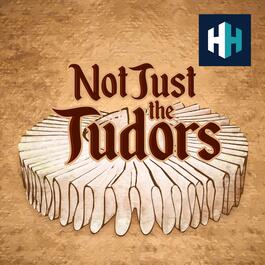
Not Just the Tudors
Professor Suzannah Lipscomb talks about everything from the Aztecs to witches, Velázquez to Shakespeare, Mughal India to the Mayflower. Not, in other words, just the Tudors, but most definitely also the Tudors. Each episode Suzannah is joined by historians and experts to reveal incredible stories about one of the most fascinating periods in history, new releases every Wednesday and Sunday. A podcast by History Hit, the world's best history channel and creators of award-winning podcasts Dan Snow's History Hit, The Ancients, and Betwixt the Sheets. Sign up to History Hit for hundreds of hours of original documentaries, with a new release every week and ad-free podcasts. Sign up at https://www.historyhit.com/subscribe.
Show episodes
From the establishment of a formidable double monarchy to the complex dynamics of the Spanish Inquisition, Isabel of Castile and Ferdinand of Aragon were quite the Renaissance team. Professor Suzannah Lipscomb is joined by Giles Tremlett to discuss the complex dynamics of this unite couple. They explore the triumphs an
**This episode contains sexually explicit language** In an age when powerful female rulers were few and far between, Isabel of Castile rose against the odds to become one of Europe's most formidable monarchs. Crowned ruler of a chaotic, divided kingdom in 1474, Isabel transformed Castile into a powerhouse and helped fo
What was the Jacobite cause, and why did it spark some of the most famous and devastating events in British history? Professor Suzannah Lipscomb and Professor Allan McInnes dive into the Jacobite rebellions, from the Glorious Revolution of 1688, the infamous Massacre at Glencoe, to the decisive Battle of Culloden in 17
**This episode contains discussions of miscarriage** When a teenage Catholic princess was sent from Italy to marry James II and reunite England with Rome, public scandal and political intrigue fuelled society. Maria of Modena defied all expectations. Professor Suzannah Lipscomb is joined by Dr. Breeze Barrington to unc
Five generations of remarkable women - from Mary of Burgundy to Isabella Clara Eugenia - made an enduring impact on the Low Countries. By strategically navigating political alliances, personal losses, and wars, they shaped the destiny of the Netherlands and early modern European history. Professor Suzannah Lipscomb is
The maverick herbalist who fought for medical freedom. We love a rebel with a cause here on Not Just The Tudors, and Nicholas Culpeper was just that. He defied the authoritarian College of Physicians in 17th Century; translating their exclusive texts into English and treating the common people with traditional herbal r
